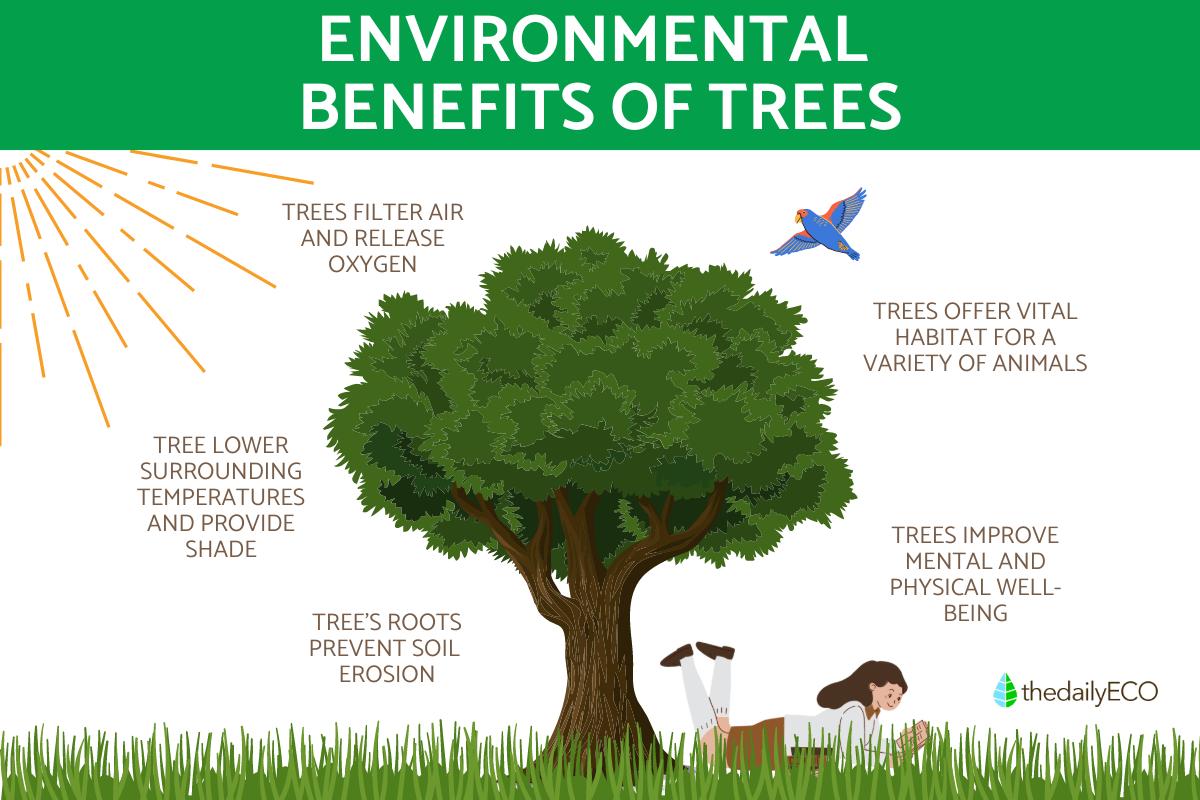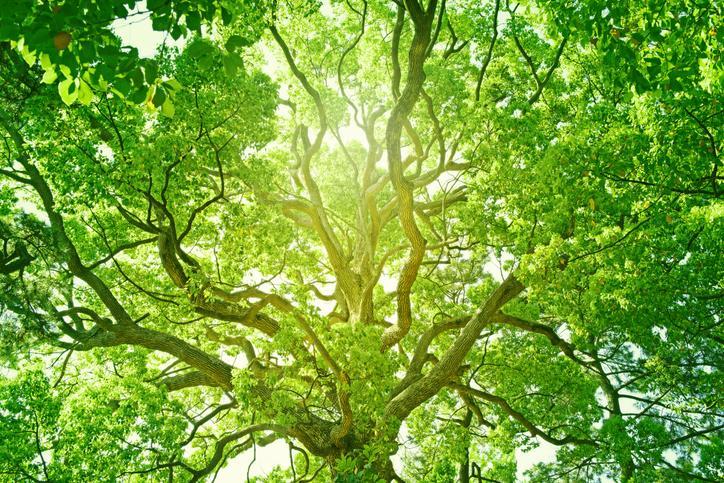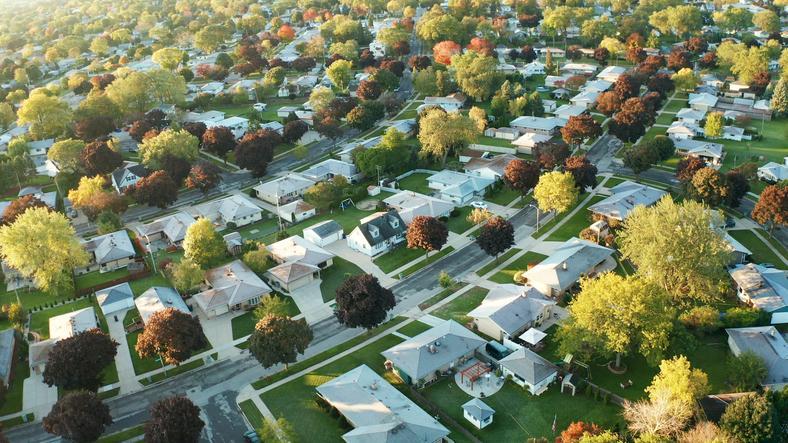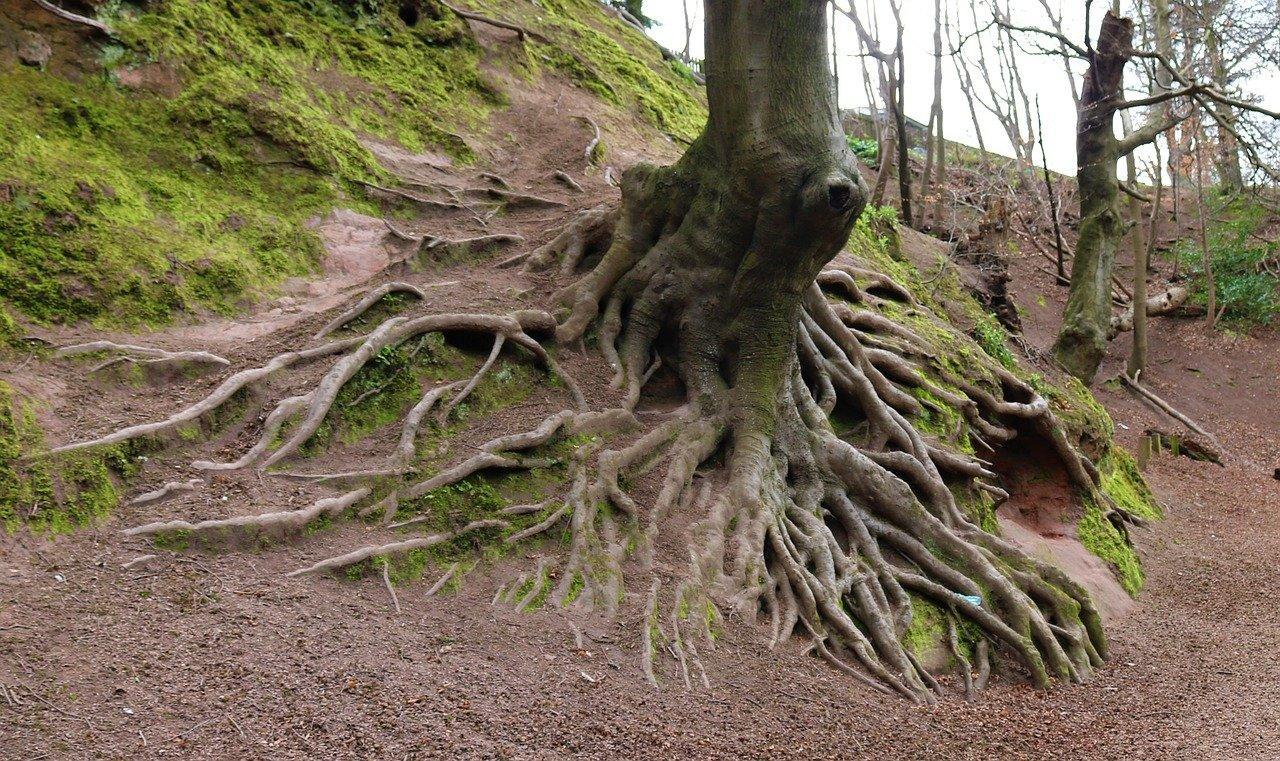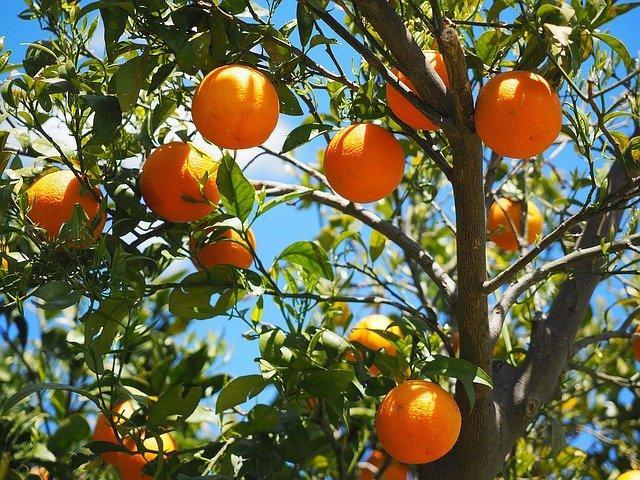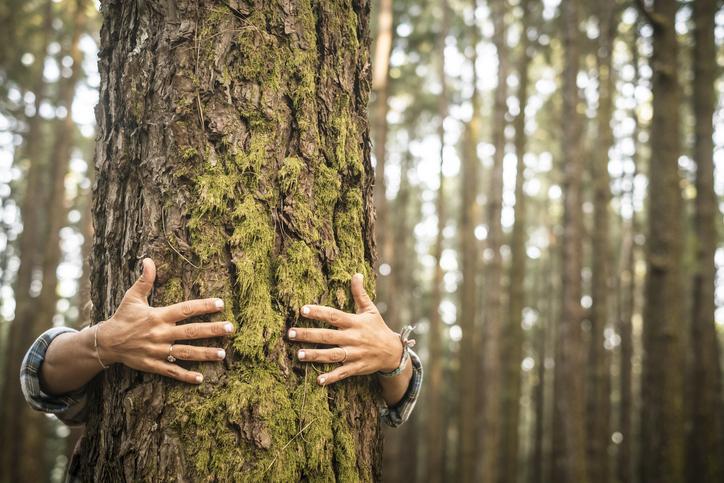Why Trees Are Essential


Trees are an omnipresent feature of our planet, shaping landscapes and ecosystems worldwide. But beyond their aesthetic appeal, trees provide a vast array of documented benefits that extend even far beyond the materials they offer. In fact, they play a critical role in air and water quality, soil health, and climate regulation.
This article by thedailyECO explores the numerous environmental benefits of trees, impacting our health, well-being, and even our financial security.
Trees improve air quality
While oxygen production is often associated with trees, their role in environmental health extends far beyond. Although microscopic marine organisms like phytoplankton and algae are the primary oxygen producers on Earth, trees remain crucial for air quality.
Trees act as carbon sinks, absorbing carbon dioxide (CO2) from the atmosphere. This CO2, a major greenhouse gas, contributes to climate change. By sequestering carbon, trees help mitigate global warming. Additionally, trees filter and absorb other pollutants like ammonia, sulfur dioxide, and nitrogen oxides, improving air quality, especially in polluted urban areas. They also reduce the urban heat island effect by providing shade.
Planting trees in cities is a vital strategy for enhancing public health and environmental well-being. Urban forests significantly contribute to the health of city residents by reducing pollution, providing recreational spaces, and promoting mental and physical health.
Learn more about the benefits of tree canopies in our next article.

Trees lower outdoor temperatures
Extensive research has documented the effectiveness of urban trees in mitigating the urban heat island (UHI) effect. This phenomenon describes the tendency of densely populated areas to experience significantly higher temperatures compared to surrounding rural environments. Urban areas are characterized by an abundance of heat-absorbing materials like asphalt and concrete, which contribute to the UHI effect.
Trees offer a two-fold solution to this challenge. Firstly, their expansive canopies provide shade, intercepting direct sunlight and preventing its absorption by buildings and other urban surfaces. This reduces the conversion of solar energy into heat, leading to a decrease in ambient temperatures.
Secondly, trees engage in evapotranspiration, a natural process where water is released into the atmosphere through their leaves. This evaporation process consumes latent heat from the surrounding environment, creating a cooling effect similar to sweating in humans.
The combined effects of shade provision and evapotranspiration contribute significantly to cooler and more thermally comfortable urban environments. Studies have shown that cities with substantial tree cover can experience temperature reductions of up to 5°C compared to those with limited tree canopy.
Learn more about the urban heat island effect in our other article.

Trees help save energy
Shade provided by trees directly cools surrounding structures, including houses. This reduces the need for air conditioning during hot summer months. Studies have shown that strategically placed trees can significantly lower indoor temperatures, leading to measurable energy savings.
Conversely, in colder months, trees can act as windbreaks. By deflecting strong winter winds, trees help homes retain heat, reducing reliance on heating systems. This translates to lower energy consumption and associated costs.
The combined effect of summer cooling and winter wind protection from trees leads to reduced reliance on both air conditioning and heating systems. This translates to lower utility bills for residents and a smaller carbon footprint for the household.
Discover the concept of 'green cities' and how they promote sustainability in our next article.

Trees protect from the sun's UV rays
While sunlight offers undeniable benefits like vitamin D synthesis and mood regulation, its ultraviolet (UV) rays pose significant health risks. These rays can cause skin damage and increase the risk of skin cancer.
Urban trees emerge as a crucial natural defense against UV radiation exposure. Extensive green spaces and tree-lined avenues provide attractive outdoor areas for leisure and relaxation, while simultaneously offering protection from harmful UV rays.
Studies have shown that trees can effectively absorb up to 50% of UV-B radiation, functioning as a natural form of sunscreen. This protective effect allows individuals to safely enjoy the outdoors and reap the benefits of sunlight exposure without the associated risks of UV radiation.

Trees provide habitat for local wildlife species
Trees are also fundamental components of healthy ecosystems, providing both sustenance and shelter for a vast array of species.
The intricate structure of trees, with their canopies, trunks, and root systems, creates a multitude of microhabitats that support a diverse range of organisms. Birds utilize branches for nesting, while mammals like squirrels and marsupials find refuge in hollows. Countless insects thrive on and around trees, further enriching the ecological tapestry.
Trees are a vital food source for numerous animals. Fruits, nuts, seeds, leaves, and nectar all contribute to the dietary needs of a wide variety of creatures. Flowering fruit trees, in particular, are crucial for pollinators such as bees and butterflies. These pollinators play a reciprocal role, ensuring the reproduction of many plant species, thus maintaining the delicate balance of the ecosystem.
Not all trees are created equal! Discover the fascinating diversity of tree species and their unique contributions in our next article.

Trees prevent soil degradation
Trees play a critical role in soil stabilization and erosion prevention. Their extensive root systems act as a network that anchors the soil particles, reducing the risk of displacement caused by wind and heavy rainfall. This anchoring effect is particularly important on slopes and hillsides, where soil is more vulnerable.
Furthermore, tree canopies intercept rainfall, mitigating the direct impact of raindrops on the soil surface. This reduces the erosive force of water and allows for increased infiltration, replenishing groundwater reserves and minimizing surface runoff that can lead to flooding.
The organic matter produced by trees through leaf and branch litter contributes to soil fertility and structure. Improved soil structure enhances its resistance to erosion, creating a natural cycle of soil health and erosion prevention.
The absence of trees creates a vulnerability to erosion. Unprotected soil is easily washed away during heavy rains, leading to a loss of fertile topsoil. This not only reduces the land's capacity to support vegetation but also perpetuates the cycle of erosion, ultimately resulting in degraded landscapes.

Trees as a source of renewable raw materials
Throughout history, trees have been a fundamental resource for humankind, providing not only sustenance but also the very materials that shaped our civilizations. Fruit tree plantations have been a reliable source of food, while other trees offer additional resources like nuts, oils, resin, and cork. Wood, in particular, stands out for its strength and versatility. For centuries, it has been the preferred material for building houses, ships, and countless other structures. Wood has also served as a primary source of fuel for heating, cooking, and powering early industries.
Beyond these indirect benefits, trees are intricately linked to our daily well-being. The furniture we use, the paper we write on, and even the building materials of our homes often come from trees. From the fruits we enjoy to the oils used in cooking, trees contribute significantly to our daily lives.
However, to ensure we continue to enjoy these advantages, responsible management practices are essential. Sustainable forestry and reforestation efforts are crucial to prevent the depletion of wood and other tree resources.
Did you know trees can even boost your city's economy? Learn more about the financial advantages of urban forestry in our next piece.

Trees imporve mental and emotional health
Trees play a profound role in improving mental and emotional health. Their presence in natural environments has been shown to reduce stress levels by lowering cortisol, the stress hormone. The tranquility and beauty of tree-filled landscapes promote relaxation, alleviate anxiety, and elevate mood, fostering feelings of happiness and contentment.
Additionally, spending time among trees supports cognitive function, enhancing attention span and mental clarity. This benefit is particularly significant for children and individuals with attention disorders. Trees also encourage physical activity such as walking or jogging, which has well-documented benefits for mental health, including reducing symptoms of depression and boosting self-esteem.
Green spaces with trees serve as venues for social interaction and community engagement, promoting social connections and support networks that are vital for mental well-being. These environments fulfill the biophilia hypothesis, our innate tendency to seek connections with nature and other forms of life.

If you want to read similar articles to Why Trees Are Essential, we recommend you visit our Facts about nature category.





